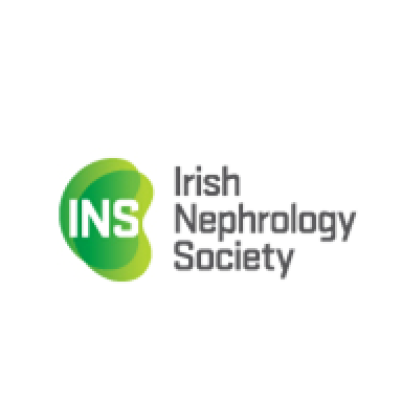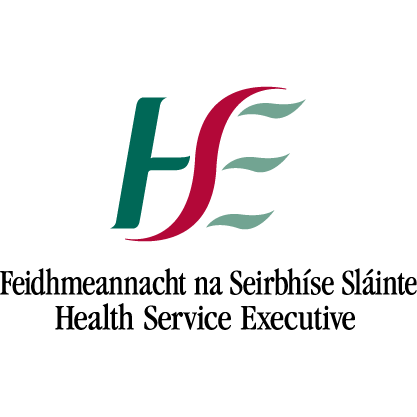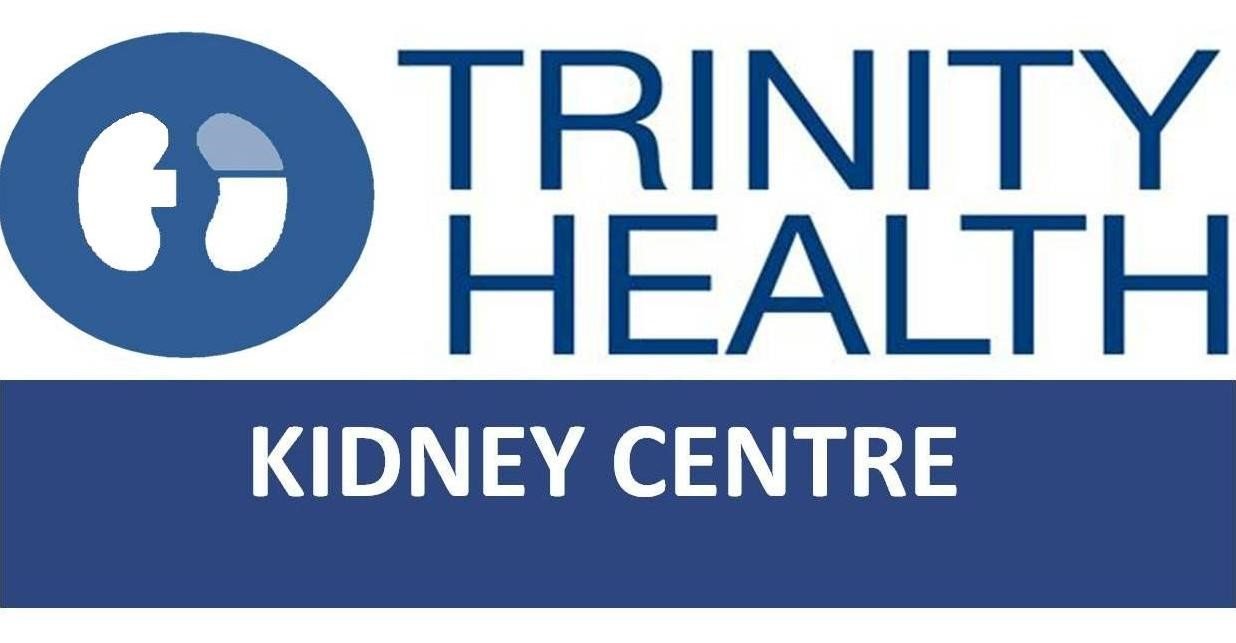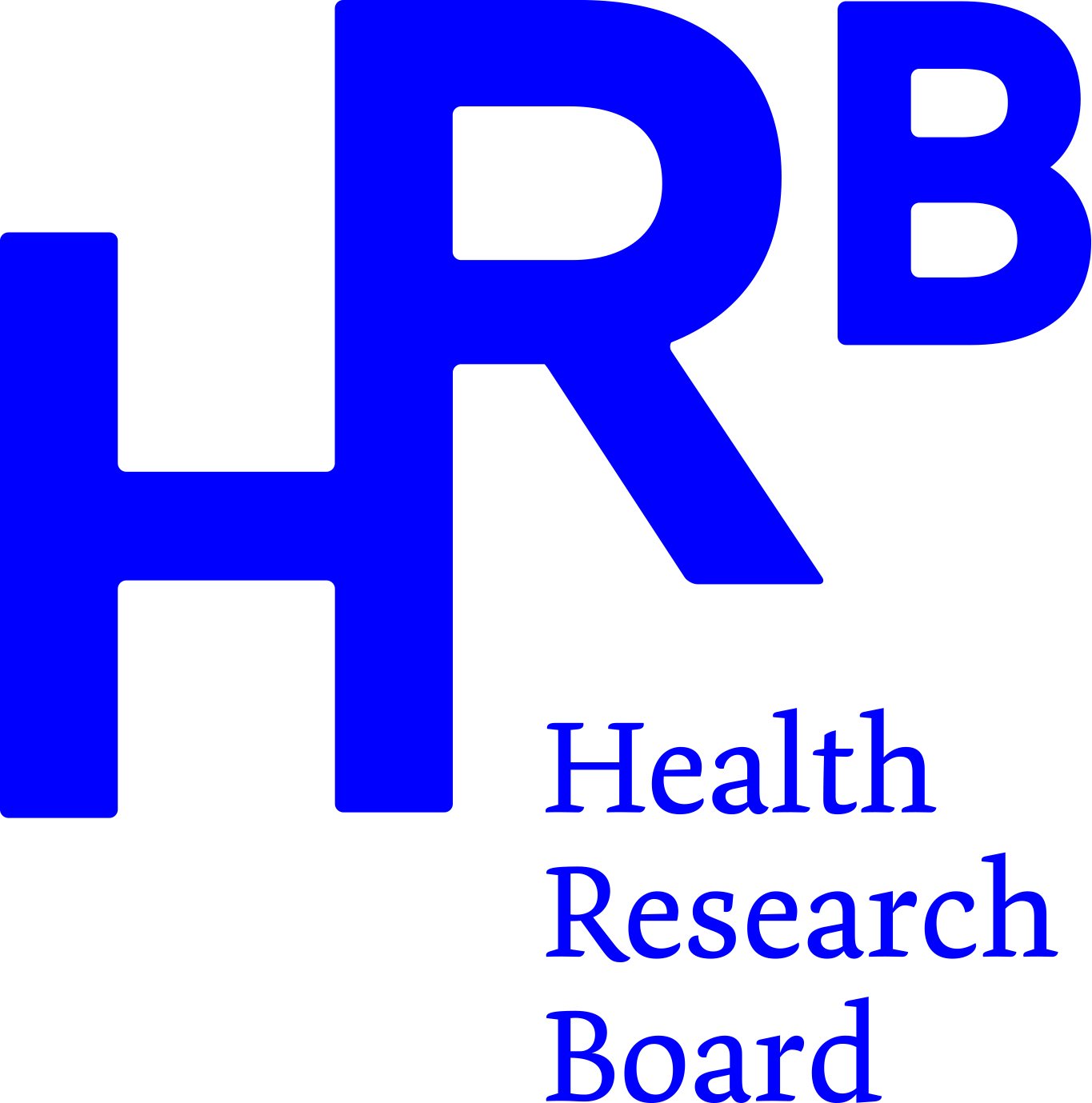
Keynote Speakers

PROFESSOR Cornelia M. Weyand, M.D.Ph.D.
Professor of Medicine
Director, Center for Translational Medicine
Stanford University, School of Medicine, USA
Web profile: Click here
Publications: Click here
My primary research goals lie in the immunopathology of autoimmune and autoinflammatory disease, with emphasis on inflammatory blood vessel disease and rheumatoid arthritis. My research team is engaged in developing new strategies to suppress unwanted inflammation and to boost beneficial immunity. We have approached this goal by defining and characterizing immune defects on a mechanistic level and by applying bed-to-bench and bench-to-bed translation.
In large vessel vasculitis, we have defined mechanisms that protect the vessel wall from inflammatory attack and have specified how the immune privilege of the vessel wall breaks down to enable vasculitis. We have discovered that vasculitogenic T cells aberrantly express the oncogene NOTCH1, and that vessel wall endothelial cells express the NOTCH ligand Jagged1. Also, we were the first to describe deficiency of the PD1/PD-L1 checkpoint in giant cell arteritis, which removes a major immuno-inhibitory mechanism in these patients.
Rheumatoid arthritis is associated with high cardiovascular risk, providing a model system to study the interface between chronic inflammation and vascular disease. We have defined metabolic reprogramming of T cells and macrophages in rheumatoid arthritis as a driving force of autoimmunity and chronic tissue inflammation. We have assigned defects in bioenergetic regulation to mistrafficking of intracellular proteins, lysosomal dysfunction, and insufficient mitochondrial DNA repair. Our work has defined intracellular processes leading to loss-of-function of DNA repair molecules, telomeric instability, abnormal cell cycle progression and premature aging of the immune system.
Guided by the observation that age is a major risk factor in vasculitis and in rheumatoid arthritis, we have explored how aging of T cells and macrophages contributes to uncontrolled inflammation. These studies have given rise to the concept that autoimmunity may result from accelerated aging and that therapeutic interventions capable of preventing cellular aging may also correct immune-mediated tissue inflammation.

Professor Daniel L. Kastner M.D. Ph.D.
M.D., Ph.D. NIH Distinguished Investigator, Inflammatory Disease Section National Human Genome Research Institute (NHGRI) Scientific Director, Division of Intramural Research, NHGRI
Dr. Dan Kastner obtained his A.B. summa cum laude in philosophy from Princeton University in 1973 and a Ph.D. and M.D. from Baylor College of Medicine by 1982. After completing Internal Medicine residency and chief residency at Baylor, Dan moved to the National Institutes of Health (NIH) in 1985. He is currently the Scientific Director of the Division of Intramural Research of the National Human Genome Research Institute (NHGRI). Throughout his career at the NIH Dan’s research has focused on using genetic and genomic strategies to understand inherited disorders of inflammation, often stimulated by patients with relatively rare disorders seen at the NIH Clinical Center hospital. This work has provided detailed molecular explanations for these illnesses, has provided the conceptual basis for highly effective targeted therapies, and has informed our understanding of more common illnesses. Dan’s group also proposed the now widely accepted overarching concept of autoinflammatory disease to denote disorders of the evolutionarily ancient innate branch of the human immune system. Dan has won a number of awards and honors, including election to the National Academy of Sciences in 2010 and to the National Academy of Medicine in 2012, recognition as Federal Employee of the Year in 2018, and the Ross Prize in Molecular Medicine in 2019.

Dr. Fergus Shanahan MD, DSc, MRIA
Emeritus Professor of Medicine at University College Cork, Ireland University College Cork (UCC), National University of Ireland
Dr. Fergus Shanahan is emeritus professor of medicine at University College Cork, Ireland and was foundation director of APC Microbiome Ireland. He previously held positions in the United States at the University of California, Los Angeles (UCLA) and in Canada at McMaster University. Specialising in chronic intestinal diseases, he has received multiple international awards for his contributions to medical science and to the medical humanities. He was the first recipient of the Hektoen International grand prix for his essay entitled ‘Waiting’. Dr. Shanahan has published more than 570 scientific papers and numerous books, one of which won the BMA book award for gastroenterology in 2006. He has several patents and is a co-founder of three university start-up companies. He is a Fellow of the Royal College of Physicians in Ireland, Canada, and the United Kingdom as well as of the American College of Physicians. He served as President of the Irish Society of Gastroenterology, was named to the “Irish Life Science 50” a list of the top 50 Irish and Irish Americans in the life science industry, and in 2013 Science Foundation Ireland named him as its Researcher of the Year. In 2016, the Royal Irish Academy (RIA) honoured him with a gold medal for contributions to the life sciences.

Professor Dennis McGonagle FRCPI Ph.D
Professor of Investigative Rheumatology, Leeds Institute of Rheumatic & Musculoskeletal Medicine, University of Leeds
Dennis McGonagle graduated from UCD in 1990 with a first class honour in Medicine, winning the O’Donovan Gold Medal and two other Medals in Medicine. He went into Rheumatology in 1994 and moved to the University of Leeds in 2006. He undertook his PhD into the cellular and micro-anatomical basis for inflammatory arthritis disease localisation to the joints. In clinical research, he has used microanatomy and imaging to elucidate the pathogenesis of the seronegative inflammatory diseases and has defined the central role of the enthesis in joint pathology in several key publications including the cytokine mediated enthesitis theory of synovitis in the seronegative spondyloarthopathies (diseases that include Ankylosing Spondylitis and Psoriatic Arthritis) (Lancet 1998). He runs clinics into immune mediated diseases and a joint autoinflammaotory network and he has developed the modern immunological Disease Continuum classification of inflammation against self (PLoS Med 2006). His group have shown how COVID-19 immunopathology is a distinct pulmonary pathology that differs from classic MAS and DIC (Autoimm Rev 2020 & Lancet Rheum 2020).
His group have defined normal human enthesis innate and adaptive immunity including gamma delta T-cells and conventional T-cells in the human enthesis (Cuthbert R et al ARD 2019) and (Bridgewood C et al ARD 2019 & Watad et al ARD 2020). His other interest is the use of native joint resident mesenchymal stem cells for OA therapy (Nat Rev Rheum 2017).
Dennis is Professor of Investigate Rheumatology and Section Head of Experimental Rheumatology at the Leeds Institute of Rheumatic and Musculoskeletal Medicine. He has served on the Editorial Boards of Arthritis & Rheumatism and Annals of Rheumatic Diseases, and has served as a member of the Scientific Committee of The European League Against Rheumatism (EULAR). He is a member of the UK MRC PSMB Board. He has also won international prizes for his work including the Verna Wright Lecture in 2018 and the Philadelphia Rheumatism Pemberton Prize in 2018 and the Royal Academy of Medicine (Bioengineering) Medal in 2019.
CONGRESS BEGINS
Day(s)
:
Hour(s)
:
Minute(s)
:
Second(s)
Supporting Organisations












